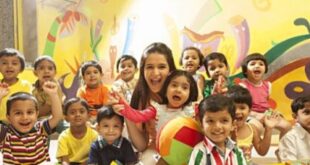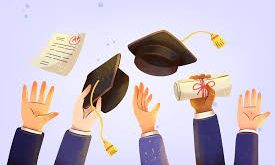One of the most common terms featured in the global news today is Climate Change. It is a problem we cannot ignore. To truly address it, we need action at all levels ranging from global relations to individual action. Schools too have the responsibility of educating kids about one of the biggest problems of our time that will affect their future. So, when should we begin? What is the right age to talk to children about climate change and sustainable practices?
I say, as early as kindergarten. Many might argue that it is too soon to talk about such complex problems. There are concerns about them not understanding the issue and exposing them to realities that seem harsh for their age. However, I argue that young children are some of the most optimistic and action-oriented individuals. They truly want the world to be a better place and are willing to play their part to make it so. Not only that, if they can do little things that will help the planet, they will remind the adults in their lives to do so too. Starting early also means that when they are older, you can have more complex discussions around systemic changes needed because they already know and understand the basics. Conversations about environmental change do not need to be negative. You can tell them that actions harm the planet, but you can also tell them about all the things that can help the planet. Along with building their knowledge, you will also help them develop positive and action-oriented attitudes. Having a solution-oriented mindset is an extremely important trait for changemakers.
So, the next question is what do we talk to them about? Where do we start? Do we talk about carbon emissions and the role of fossil fuels in climate change? Absolutely not. There are many simple conversations that can positively influence children’s actions. For instance, we can discuss the importance of using alternatives for single-use plastic. So, when they go out shopping for groceries with their family, they can remember to carry cloth bags. Another great conversation is about how switching off the lights and fans when not in use can help the environment. Similarly, we can talk to young children about not wasting water or food too. In addition to talking about these specific actions, we must also discuss why all of this matters. Knowing the why can help them share their knowledge further and have more conviction in what they do. Making connections to their everyday life will go a long way in building good habits that will benefit them as individuals and help the world too.
There are also many great resources out there ranging from picture books to educational videos that are not only age appropriate but also do a good job at figuring out what to talk to children about. Schools and parents just need to make the time and effort to have these conversations with kids.
BY: (Sanyukta Bafna – Vice President, Curriculum Design, The Acres Foundation)
 Newspatrolling.com News cum Content Syndication Portal Online
Newspatrolling.com News cum Content Syndication Portal Online






